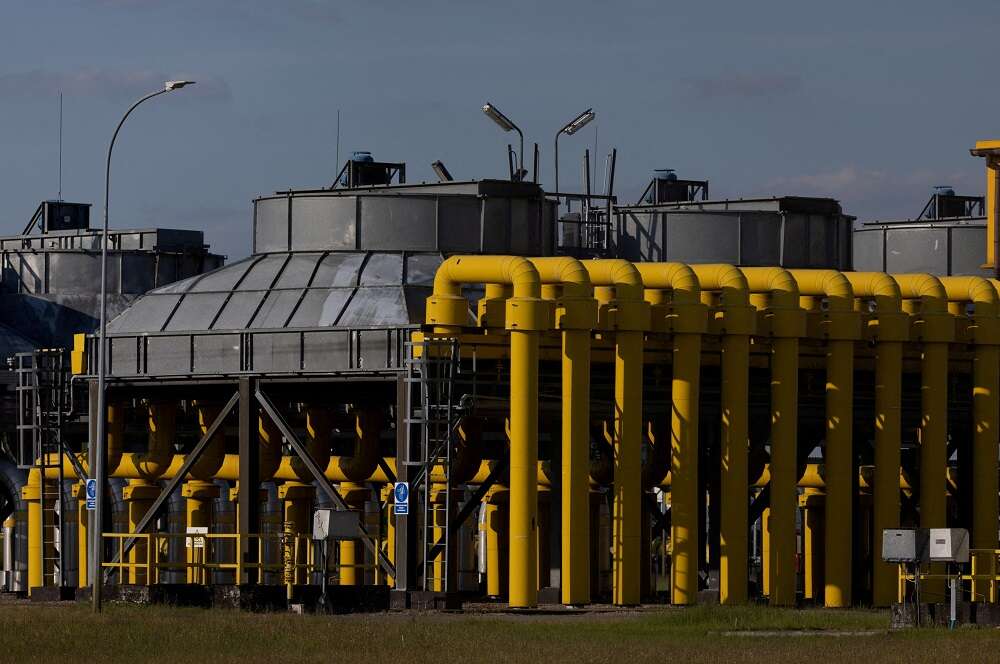
By Kate Abnett and Foo Yun Chee
BRUSSELS (Reuters) -The European Commission wants to force fossil fuel firms that have pocketed gains from soaring energy prices to make a financial contribution to help citizens and industries grappling with sky-high bills, a draft document seen by Reuters showed.
The proposal, details of which are expected to be unveiled by Brussels this week, would see European Union countries introduce a “solidarity contribution” for companies that have reported bumper profits from selling fossil fuels this year.
Oil, gas, coal and refining companies would make a contribution based on “taxable surplus profits made in the fiscal year 2022”, according to the draft, which could still be amended.
The temporary scheme would raise cash to help governments mitigate Europe’s energy crisis with measures such as supporting households and businesses with high bills, helping energy-intensive industries, cutting EU energy consumption and making Europe more self-sufficient in its energy supplies.
“The solidarity contributions are justified by the fact that such companies make unpredictable surplus profits,” the draft said.
“Those profits do not correspond to any regular profit that these entities would or could have expected to obtain in normal circumstances,” it said.
A rapid recovery in demand following the pandemic and a surge in oil and gas prices driven by Russia’s invasion of Ukraine have boosted profits for energy companies this year.
Major European energy firms saw profits climb in the second quarter. TotalEnergies reported a record-high profit of $11.5 billion, while Shell posted a quarterly profit of $9.8 billion.
“We acknowledge the need for concerted policy and other action to alleviate the energy price crisis in Europe and elsewhere. We’re aware of the EU proposal for a ‘solidarity contribution’ and await further details from the Commission,” a Shell spokesperson said.
The EU measure would apply to a company’s surplus profits from 2022 at a level to be specified above the average taxable profits in the three fiscal years since January 2019, the draft said, adding that they would be assured of enough profit margin for future investments.
Some countries, including Italy, have already introduced a windfall profit tax on energy firms.
The draft said Brussels would put in place a minimum rate for all EU countries, but governments could choose to go higher.
The measure would be passed by a reinforced majority of member states, meaning it would not require unanimous approval from the EU’s 27 member countries.
The Commission would also propose clawing back revenue from non-gas fuelled power plants that gain from selling electricity at sky-high costs, but which do not have to pay huge bills for fuel, to help consumers cope with surging power bills, the draft said.
In addition, the draft outlined targets for EU countries to reduce electricity demand.
(Reporting by Yun Chee Foo and Kate Abnett; Additional reporting by Shadia Nasralla; Editing by Paul Simao and Edmund Blair)


